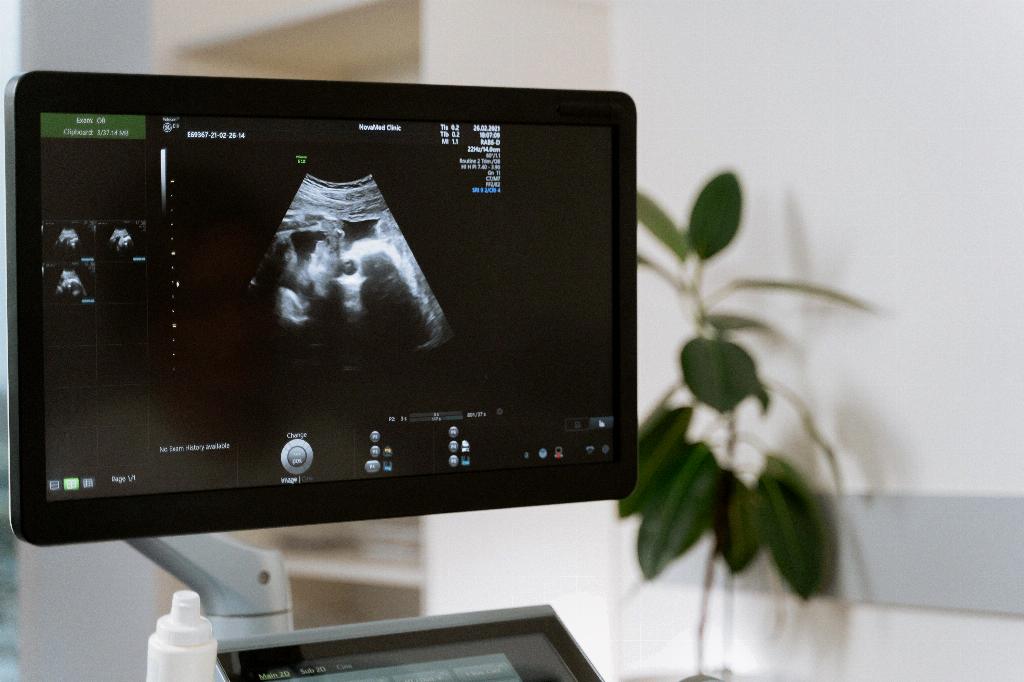When it comes to urinary tract infections (UTIs) during pregnancy, seeking medical attention is crucial. UTIs are known to potentially pose risks to both the mother and the developing fetus, making prompt treatment essential for the well-being of both individuals.
Role of Antibiotics in UTI Treatment
Antibiotics are typically prescribed to combat bacterial infections such as UTIs. They are highly effective in eliminating the bacteria causing the infection and are commonly used in medical practice for managing UTIs.
Challenges of UTIs Without Antibiotics
Managing UTIs without antibiotics can be challenging, especially during pregnancy. Without the appropriate treatment, the infection may persist and potentially lead to more serious complications for both the mother and the baby.
Alternative Approaches to UTI Treatment
While antibiotics are the primary treatment for UTIs, there are alternative approaches that may help alleviate symptoms and support the body’s natural defense mechanisms in fighting the infection.
Hydration and Urinary Health
Staying well-hydrated is essential for promoting urinary health and may help flush out bacteria that could be contributing to the UTI. Drinking plenty of water can also help dilute urine and reduce discomfort during urination.
Probiotics and UTI Prevention
Adding probiotics to your diet may help maintain a healthy balance of beneficial bacteria in the gut and urinary tract, potentially reducing the risk of UTIs. Probiotics are available in supplement form or in fermented foods like yogurt.
Herbal Remedies for UTI Symptoms
Some herbal remedies, such as cranberry extract or uva ursi, are believed to have properties that may help ease UTI symptoms. However, it is important to consult with a healthcare provider before using any herbal supplements, especially during pregnancy.
Urinary Health Practices
Practicing good hygiene, including wiping from front to back after using the restroom and wearing cotton underwear, can help prevent the spread of bacteria and reduce the likelihood of developing a UTI. These simple habits can promote urinary health and overall well-being.
Consulting a Healthcare Provider
If you suspect you have a UTI while pregnant and are considering alternatives to antibiotics, it is essential to consult with your healthcare provider. They can provide guidance tailored to your specific situation and ensure the safety of both you and your baby.
Monitoring UTI Symptoms
It is important to closely monitor UTI symptoms and seek medical attention promptly if you experience persistent or worsening signs of infection. Early detection and treatment can help prevent complications and support a healthy pregnancy.
Importance of Professional Guidance
While exploring non-antibiotic options for UTI management during pregnancy, it is crucial to prioritize professional guidance and medical expertise. Your healthcare provider can offer personalized recommendations to address your specific needs and ensure optimal care.
Final Thoughts on UTIs and Pregnancy
In conclusion, while antibiotics are commonly used to treat UTIs during pregnancy, exploring alternative approaches may be considered under medical supervision. Prioritizing urinary health, seeking professional advice, and maintaining open communication with your healthcare provider are key aspects of managing UTIs effectively while pregnant.

